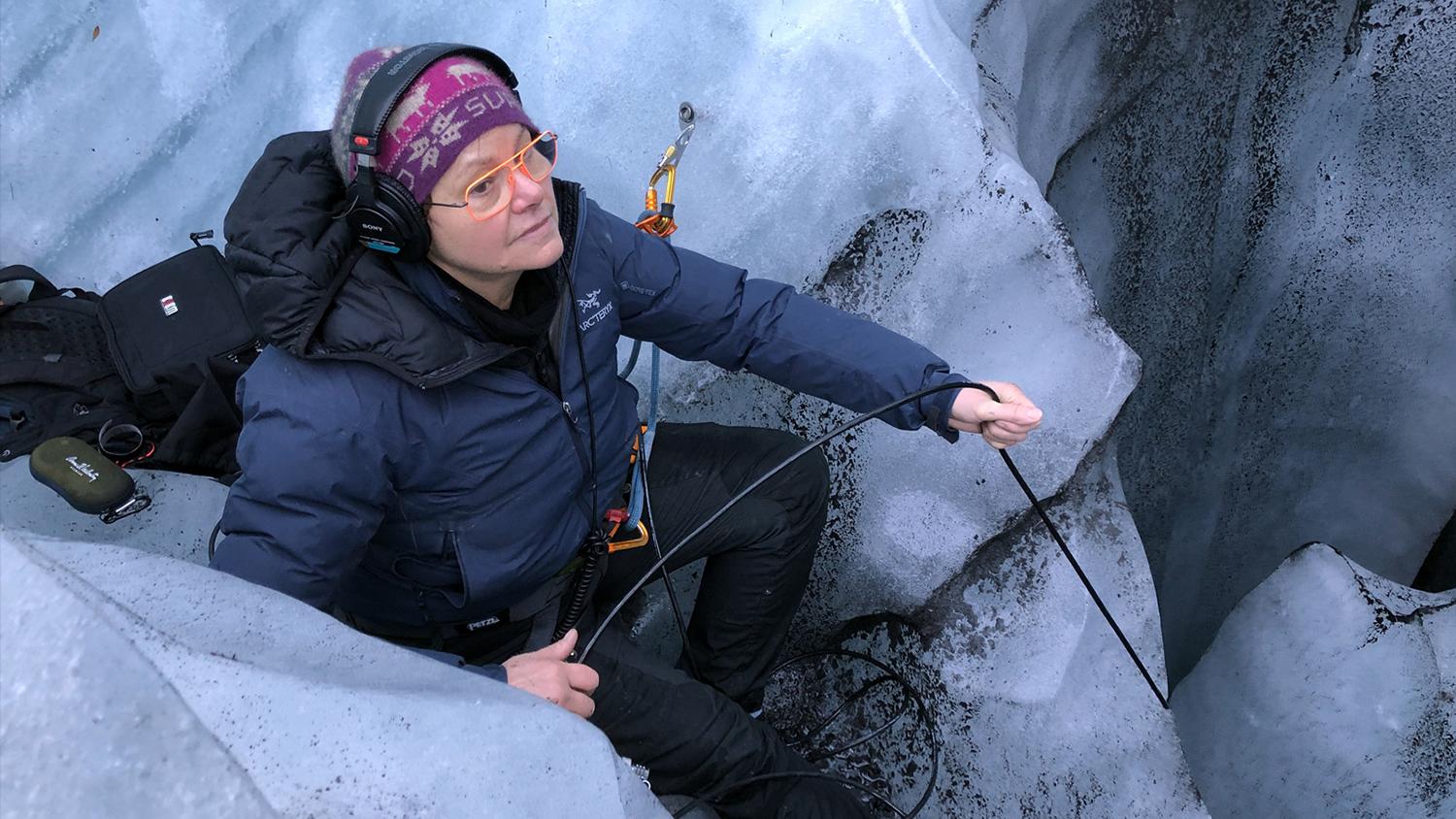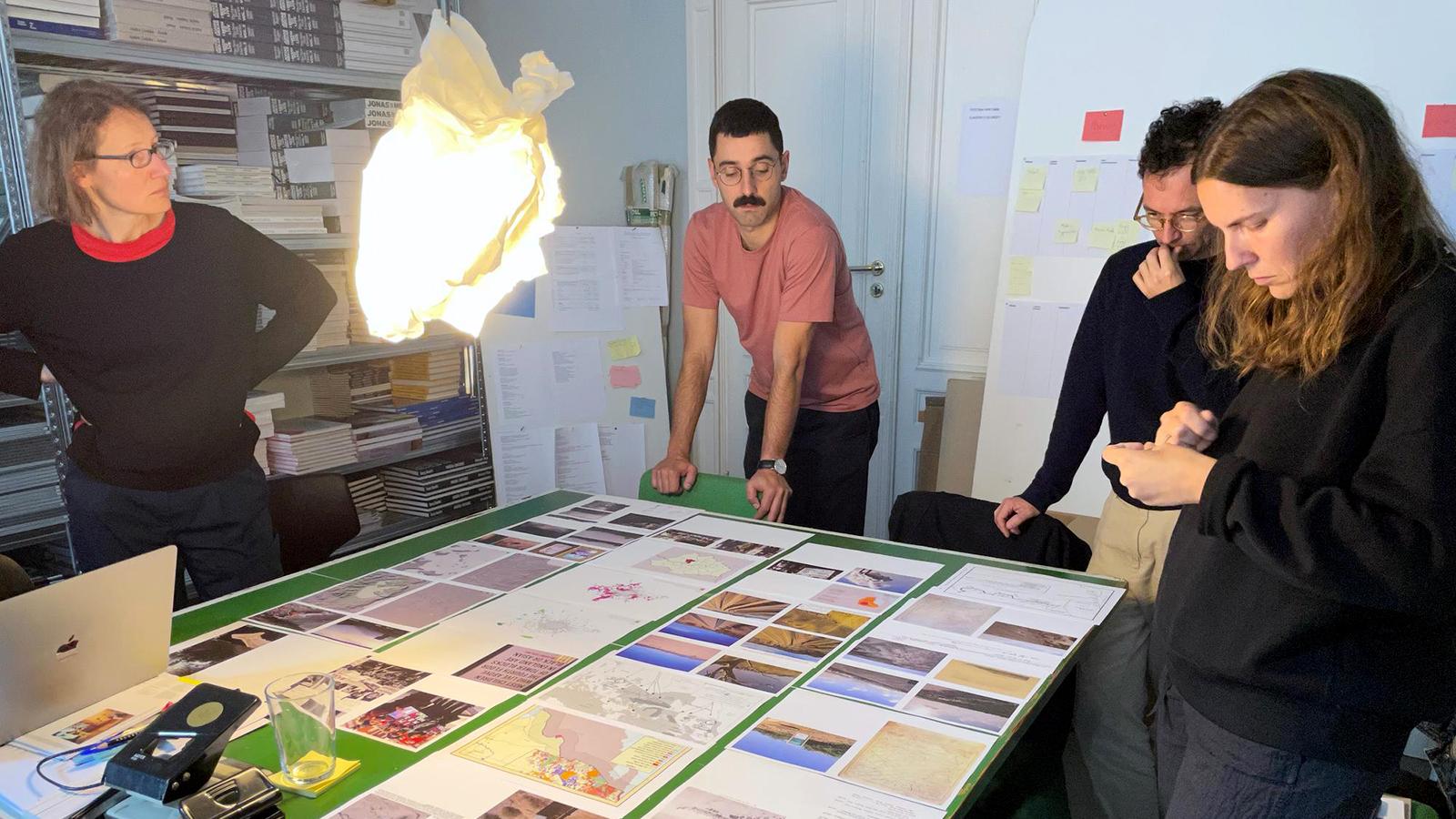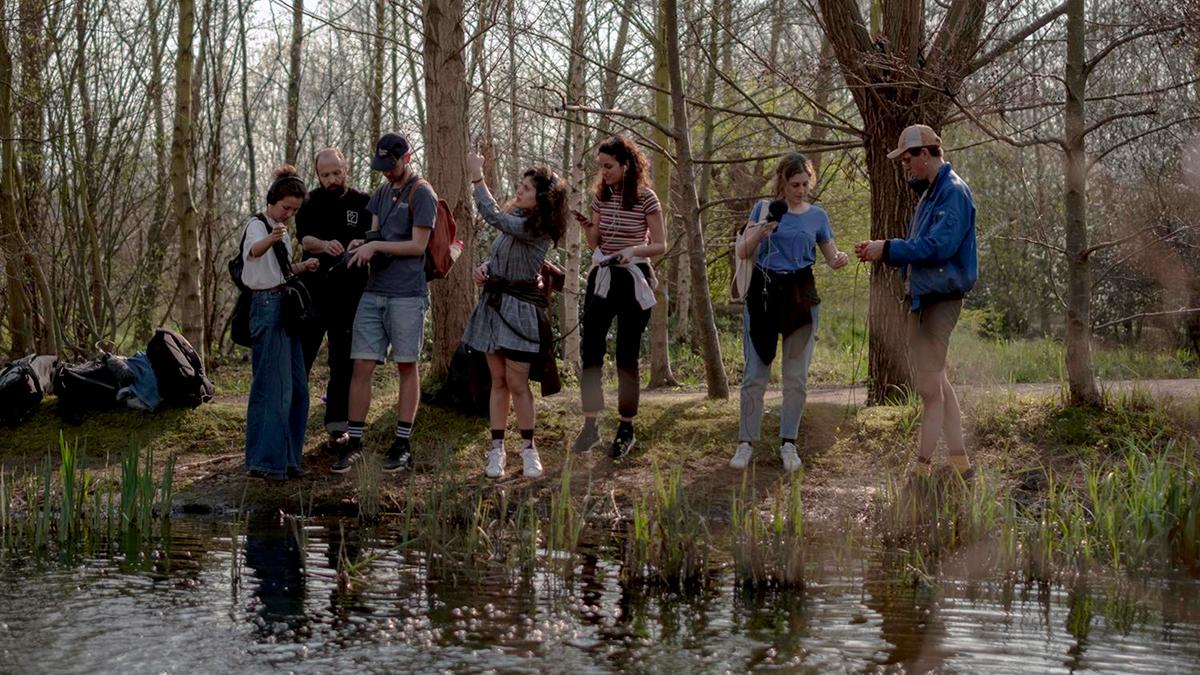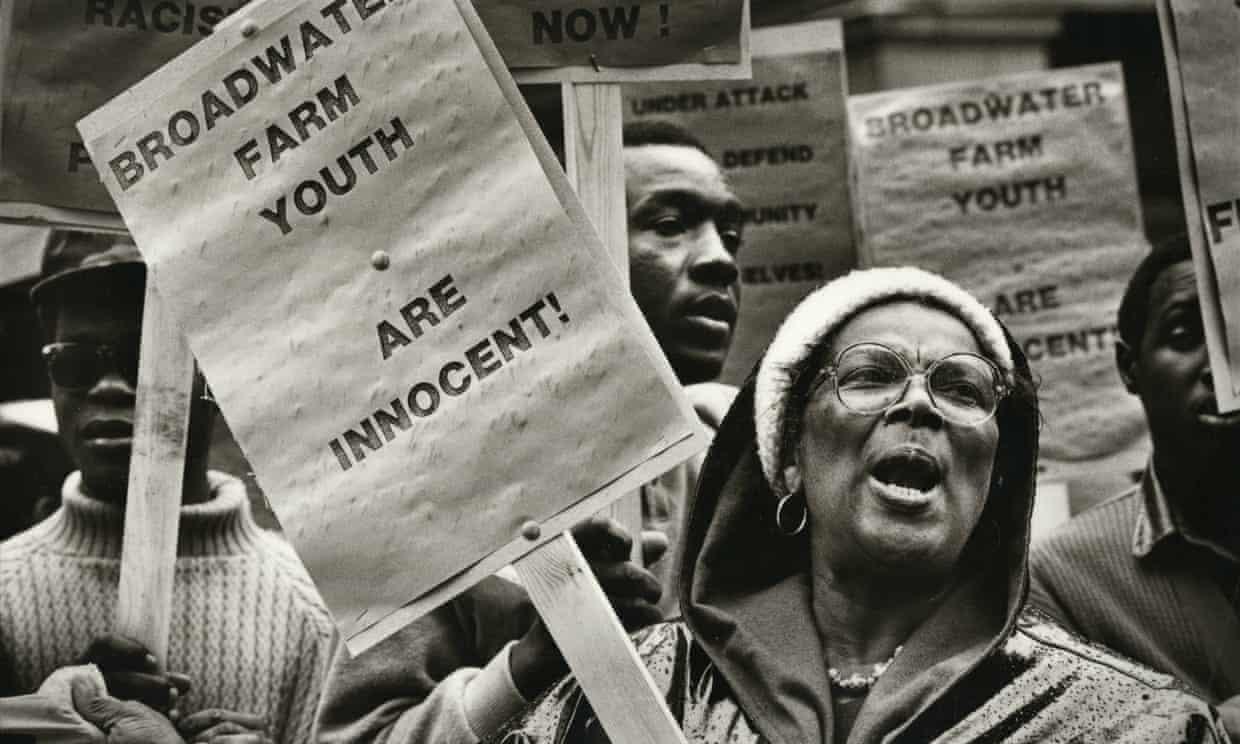CRA Research Environment
Find out more about our research environment
Primary page content
.jpg)
Forensic Architecture, 2010-ongoing
Forensic Architecture (FA) is a research agency investigating human rights violations including violence committed by states, police forces, militaries, and corporations. FA works in partnership with institutions across civil society, from grassroots activists, to legal teams, to international NGOs and media organisations, to carry out investigations with and on behalf of communities and individuals affected by conflict, police brutality, border regimes and environmental violence.
Our investigations employ cutting-edge techniques in spatial and architectural analysis, open source investigation, digital modelling, and immersive technologies, as well as documentary research, and situated interviews. Findings from our investigations have been presented in national and international courtrooms, parliamentary inquiries, and exhibitions at some of the world’s leading cultural institutions and in international media, as well as in citizen’s tribunals and community assemblies.
‘Forensic architecture’ is the name of an emergent academic field developed at Goldsmiths. It refers to the production and presentation of architectural evidence—relating to buildings, urban environments—within legal and political processes.
Funders: European Research Council, Sigrid Rausing Trust, Oak Foundation, Open Society Foundations (OSF), David & Elaine Potter Foundation

Learning from Ice, 2019-ongoing
Is a multi-year research project that explores the many different knowledge practices mediated by ice, from the study of past climates using ice cores to the lived experiences of local communities in the North who are experiencing the cummulative effiects of climate change. While it is primarily focused on cryospheric environments shaped by fieldwork at various glacier sites, it also investigates the politics of cold and the role of temperature in the production of human right violations. Led by Dr. Susan Schuppli.

CRA Book Series, 2023-ongoing
In 2022, the Centre for Research Architecture launched its four-part book series exploring Pedagogy, Politics, and Practices. Each of the four publications investigates key areas of research that have emerged out of the Centre, over the past fifteen years.
In doing so, the publications foreground the innovative practice-based methodologies and modes of political engagement that have been assembled to better respond to contemporary spatial urgencies. As such, each of the books in the series is organised around a specific spatial issue or concern and draws together contributions from thinkers and practitioners associated with the CRA whose work exemplifies this approach.
This book series seeks to highlight the investigative spirit and collaborative methods of the CRA’s practice-led pedagogical programmes by bringing together documents of specific investigations, examples of spatial methods, snapshots of research projects, interviews, transcripts of Roundtable discussions, collective works, and archival materials.
I: Border Environments (2023)
II: Militant Media (2024)
III: Common Sensing (2024)
IV: Counter Logistics (2025)
Editors: Riccardo Badano, Tomas Percival, Susan Schuppli; Designers: Ariadna Serrahima & Diego Bustamante (Oficina de disseny); Publisher: Spector Books; Supported by: Department of Visual Cultures, The Graham Foundation for Advanced Studies in the Fine Arts (2021 & 2022)
.jpg)
Roundtables, 2005-ongoing
The Centre for Research Architecture’s overall pedagogical approach is conceived as a “roundtable” where the encounter of learning is structured non-hierarchically “around” ideas and research that are literally put forward onto the table for discussion. During the autumn, winter, and spring terms, two-day-long seminars are organised as Roundtable discussions of PhD research projects. Each of these Roundtables is supplemented by invited guests who bring relevant scholarly knowledge or practices into the Centre. Student and guest presentations, along with assigned readings, provide the common conceptual ground for discussion of work and ideas at the CRA.
Some of the past guests include: Shela Sheikh, James Parker, David Wengrow, Adam Bobbette, The Otolith Group, Radha D’Souza, Thomas Keenan, Adrian Lahoud, Lumumba Di-Aping, Arun Agrawal, Nadine El-Enany, Suhail Malik, Brenna Bhandar, Dilip da Cunha, Cooking Sections, Marco Ferrari, Laleh Khalili, Kader Attia, Ariella Aïsha Azoulay, Astrida Neimanis, Radhika Subramaniam, Louise Amoore, Lawrence Abu Hamdan, Ross Exo Adams, Christina Sharpe, Esther Leslie, Heather Davis, Sandi Hilal, Alessandro Petti, Jussi Parikka, Jennifer Gabrys, Zygmunt Bauman, Rob Nixon, James C. Scott, James Bridle, Jonas Staal, Michel Feher, Trevor Paglen, Laura Kurgan, Graham Harman, Bruno Latour, Hito Steyerl, Sandro Mezzadra, China Mieville, Avery Gordon, Pelin Tan, Adi Ophir, Michael Taussig, Stefano Harney, Keller Easterling, AbdouMaliq Simone, TJ Demos, Alberto Toscano, Michel Agier, Ursula Biemann, DAAR

Workshops, Field Work and Archival Visits
At the Centre for Research Architecture, learning takes place across technical skills development workshops, in situ field research and visits to archival collections and exhibitions. Workshops develop practical and theoretical skills from DIY strategies to the use of advanced software platforms and tools, walkshops utilise the city and its multi-layered histories as a field-site and an opportunity for situated learning and archive field trips explore the collections that produce and contest knowledge. Some of the past activities include Open-weather: DIY Satellite Ground Station Workshop led by Sophie Dyer and Sasha Engelman; Sonic Sun Audio Workshop led by George Ridway; Logistics of Empire Walkshop led by Joao Ruvio; Aerial Mapping Workshop led by Ariel Caine; field trip to Kew Gardens’ Economic Botany Collection facilitated by Dr. Mark Nesbitt and Riccardo Baldano; Photogrammetry Workshop led by Ariel Caine; Urban Architecture of Real Estate Walkshop led by Louis Moreno; New Cross Walkshop led by Les Back; field trip to Old Operating Theatre facilitated by Lucia Pietroiusti and Kay Watson; CHASE funded Sensible Cinema Workshop led by Joshua Bonnetta, Philip Scheffner and Philippe Ciompi.

War Inna Babylon, 2022-23
Forensic Architecture Guest Professors Stafford and Kamara Scott, co-founders of Tottenham Rights, delivered a four-part public lecture series over the 2022-23 academic year delving into the racist state-designed attacks on Black communities since their arrival.
This lecture series, which was accompanied by four workshop sessions open to all students, inaugurated a new annual Guest Professorship hosted by Forensic Architecture and the Centre for Research Architecture at Goldsmiths. Guest Professors Scott utilised a multi-layered approach curated by Tottenham Rights to examine the context of present day manifestations of racism and conflict between "the community" and the state through the actions of the state and the community's responses and defences.
Photograph: Robert Croma, 1985 Broadwater Farm riots of 1985.